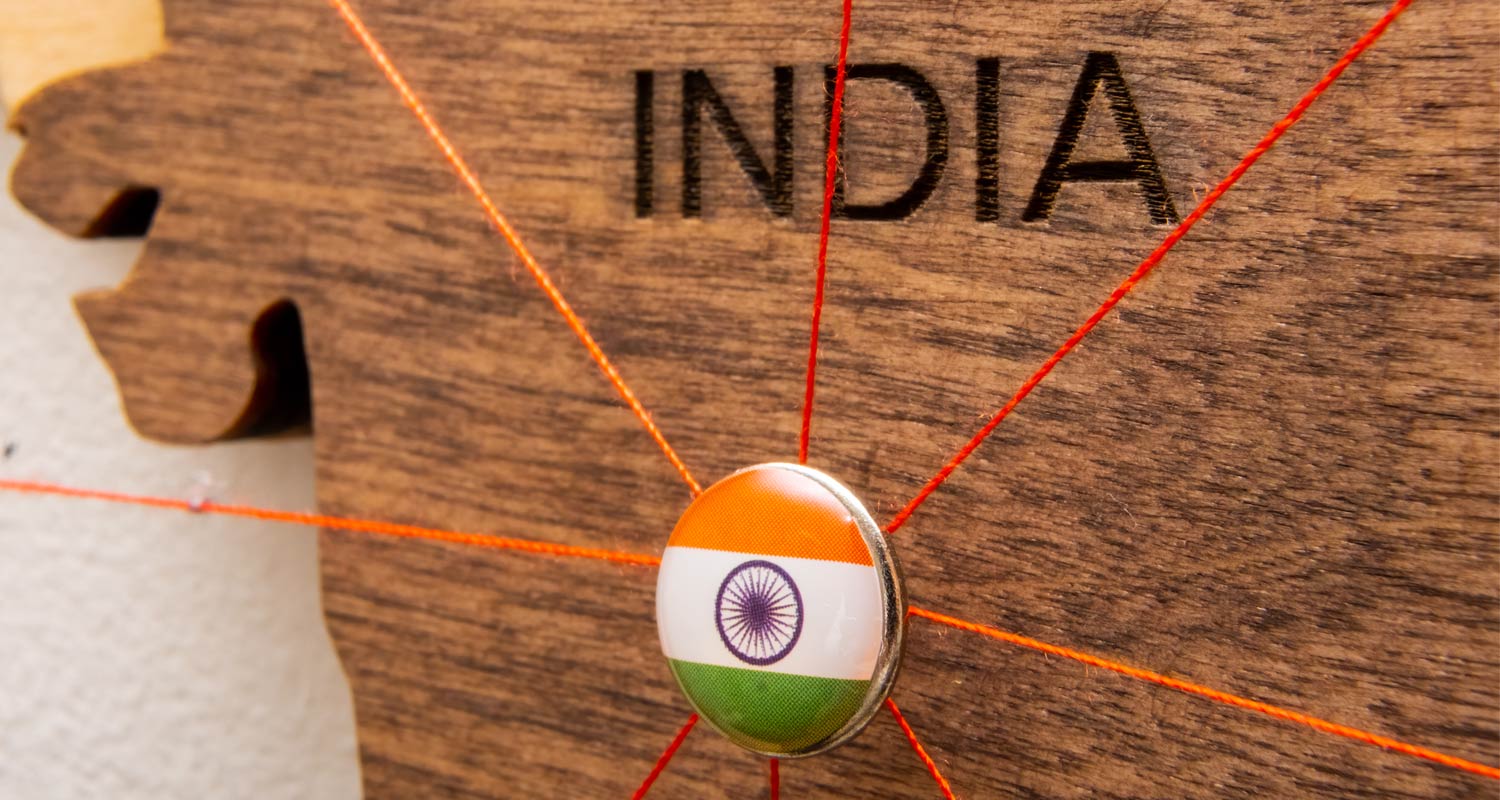US President Donald Trump’s decision to impose a staggering US$100 000 fee on new H-1B visas is a spectacular own goal for America and its technology industry.
It is a hammer blow to the very sector that built Silicon Valley’s dominance. For South Africa, though, the move opens a small but potentially meaningful window: an opportunity to attract some of the world-class talent that will now think twice before heading to the US – provided we’re smart about it.
For decades, America’s success in technology has rested not only on capital, universities and risk appetite, but on its ability to hoover up global talent. The H-1B visa programme has been central to that ecosystem, allowing firms from Apple and Microsoft to AWS and Meta to import skills not always available locally. India alone accounted for 71% of H-1B approvals last year, with China a distant second.
Slapping a $100 000 annual fee onto this system doesn’t just raise costs. It changes incentives. It forces employers to pause projects, rescope delivery and ramp up offshore operations rather than build them in the US. Smaller firms and start-ups, already stretched, will struggle most. The long-term effect is predictable: less innovation, more offshoring, and America ceding ground in the global race for artificial intelligence, cloud and advanced services. As one analyst told Reuters, the US risks “taxing away its innovation edge”.
Contrast that with the UK’s emerging strategy. As the Financial Times reported (paywall), Prime Minister Keir Starmer’s “global talent task force” is actively considering dropping visa fees for top-tier professionals. Rather than erect barriers, Britain wants to lure scientists, engineers and digital experts with simpler, cheaper and faster routes. In other words, while Trump slams the door, London is oiling the hinges.
Emigration
South Africa has no shortage of challenges in this debate. We are not the UK, and certainly not the US. Our immigration system has historically been more about keeping people out than about strategically pulling them in. Yet in recent years, there has been a recognition that skills shortages, particularly in machine learning and artificial intelligence, data science, and cybersecurity, cannot be met domestically.
Government has floated reforms to work visa programmes. There have been efforts to streamline processes, create lists of critical skills and open the door – albeit cautiously – to foreign professionals. The problem is that execution has lagged and bureaucracy persists.
Read: Trump delivers hammer blow to US tech industry
Meanwhile, emigration is draining our own tech workforce. Emirates Airlines’ campaign to lure South African IT specialists for jobs in Dubai is a sharp reminder of how attractive our limited pool of skills is to global recruiters. The message is clear: if we don’t build a smarter strategy, we’ll keep losing talent without replacing it.
The knee-jerk reaction in many countries, including the US, is that foreign workers “take jobs”. This is politically potent but isn’t true. The reality is that skilled immigrants in IT and adjacent fields create more jobs than they displace. They enable projects, build companies and catalyse ecosystems that employ many more locals.
 South Africa should be saying this loudly. We should position ourselves as open to the world’s brightest engineers and software architects. Unlike the US under Trump, we should not fear that a coder from Mumbai or Bangalore threatens a graduate from Cape Town. On the contrary, the presence of that coder might help scale a business that eventually employs dozens of Capetonian graduates.
South Africa should be saying this loudly. We should position ourselves as open to the world’s brightest engineers and software architects. Unlike the US under Trump, we should not fear that a coder from Mumbai or Bangalore threatens a graduate from Cape Town. On the contrary, the presence of that coder might help scale a business that eventually employs dozens of Capetonian graduates.
None of this will be easy. If Washington becomes hostile, many Indian professionals will still choose London, Toronto or Sydney over Johannesburg. The FT piece makes clear that the UK is already thinking about zero visa fees for elite professionals. Canada’s express entry programmes are efficient and generous. Australia has long marketed itself as a lifestyle destination for global skills.
For South Africa, the competition will be fierce. But the Trump shock has created an unusual moment. Indian IT professionals, and the massive outsourcing firms that employ them, are recalculating global strategies. They are looking harder at offshore delivery, near-shore centres and alternative destinations. South Africa cannot rival the scale of India’s domestic industry, but it can carve a niche: a gateway to African markets, English-speaking, with pockets of world-class infrastructure and a time zone aligned to Europe.
What needs to change
To seize this, Pretoria must act quickly. That means:
- Fixing visa bottlenecks: Applications must be processed in weeks, not months. Bureaucracy must give way to efficiency.
- Marketing aggressively: Government and business should campaign in India’s major IT hubs, selling South Africa as a career destination.
- Offering incentives: Tax breaks, relocation packages and family support can make the difference.
- Partnering with business: Firms like Naspers, NTT Data and BCX should be at the table, co-funding recruitment drives and integrating arrivals into projects.
- Learning from competitors: The UK, Canada and Australia all have playbooks South Africa can adapt, even if on a smaller scale.
Donald Trump’s $100 000 visa fee is bad policy. It weakens America’s tech sector, undermines its competitiveness and hands rivals a gift. The UK sees the gap and is already moving. South Africa should do the same. – © 2025 NewsCentral Media
Get breaking news from TechCentral on WhatsApp. Sign up here.



